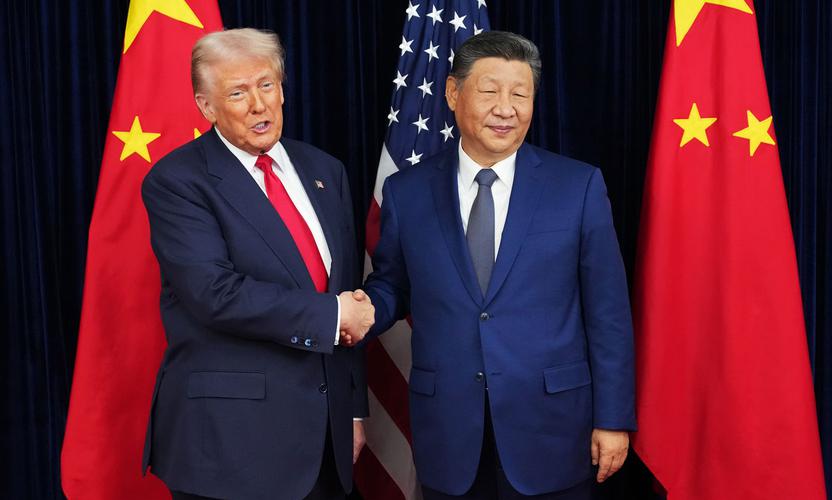- China bears worry the economy faces an uphill structural struggle against overcapacity, demographics, and weak consumer confidence.
- Bulls focus on policy stimulus to spark a cyclical recovery, while rising shareholder returns and technological advance bode well for the long run.
- One thing our experts agree on is that the property market holds the key to any recovery - and whether China surprises to the upside or downside.
Ways to listen:
- Search 'The Investor's Guide to China' on your favourite podcast app
- Click here to listen in iTunes
- Click here to listen to the podcast via the web
- Click here for this and all past episodes of The Investor's Guide to China
“Never before in my career have investors been so divided on the future of the Chinese stock market,” says our host Marty Dropkin, Head of Equities, Asia Pacific.
In the final episode of the year, Marty invites two portfolio managers - with 60 years of experience between them - to pick through the risks and opportunities facing China investors at this critical juncture, with the help of Peiqian Liu, Asia economist, who provides macro and policy context to the conversation. While they clearly approach China from different perspectives, there are also areas of agreement - and revealing insights on their contrasting investing styles.
The bear case: Diminishing returns
Unusually for a China bear, Nick Price, emerging markets portfolio manager, has fond memories of China, which he first visited when backpacking in the 90s. He would return a decade later as an investor impressed by the country’s innovative internet upstarts.
What worries Nick now are that long-term, structural forces might weigh on the economy. “China's losing a couple of million people a year in terms of population… marriages [in the third quarter] are down 25 per cent [from last year],” he says. Overcapacity is an issue across industries, from automobile to chemicals and solar panels, exacerbated by capital controls. Money that cannot exit the country finds its way back to domestic businesses, intensifying competition.
The result is diminishing levels of return on equity, and companies sitting on large amounts of idle cash. Nick thinks China is teed up well for a near-term recovery, although trade tensions may throw a spanner in the works. The country could respond with currency devaluation - something we explored in a previous episode - but it would come at a cost. The renminbi “is pegged to the US dollar. The dollar being as strong as it is, [devaluation] is a deflationary force for sure,” he says.
The bull case: Scale and speed
Our China bull, portfolio manager Dale Nicholls, also began his China journey in the 90s - while he was a textile analyst in Japan. Tasked with understanding the Chinese companies adding capacity to that industry, he’s since witnessed how China can build and innovate at speed. “You've got something like the creation of a whole new industry, and arguably, at least in electric vehicles, probably the most competitive companies globally.” With scepticism riding high after the pandemic - MSCI China’s price-to-earnings ratios are trading at 60 per cent lower than the US equivalent - Dale thinks China warrants the attention of long-term stock pickers on the hunt for a bargain.
While he recognises some of the deflationary risks look eerily similar to Japan, Dale also thinks these challenges could inspire positive change. Companies are returning more cash to shareholders to compensate for a lack of capital appreciation (another topic we previously talked about on this podcast), and consolidation could accelerate in industries that are currently in overcapacity, setting winners apart from losers. “Japan is the poster child of demographic challenges, and look what a market it's been with improving governance and capital return.”
Agreeable disagreements
To our surprise, there’s a fair amount our China bull and China bear agree on. While Dale is bullish on the shareholder story, he concedes that Nick is right to worry about recent convertible bond issuances by Chinese companies, which dilute the value of existing shares. Notwithstanding long-term concerns, Nick agrees that cyclically, the Chinese economy is “pretty well teed up” for recovery.
Both Nick and Dale see the housing market as the biggest challenge facing Chinese equities and the broader economy. “Property is fundamental to calling anything that goes on in China,” Nick says, noting that home prices in Beijing remain much higher than in London, where he’s based, even after a sharp correction. And as we noted after China’s September policy pivot, home prices must steady for consumption to pick up pace. “It's hard to see consumer confidence really coming back in an environment where [real estate] is declining,” Dale adds.













































